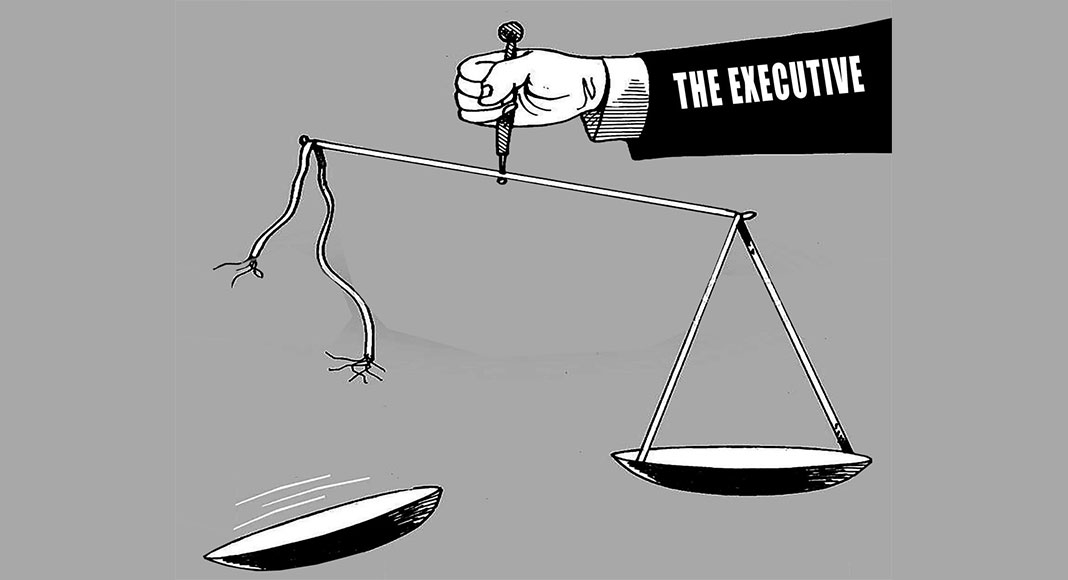
Akin to many nations Ethiopia is confronted with a raft of challenges in balancing the legal reforms brought about by the slew of controversial laws Parliament has been churning out in the past decade, but more so over the last few years, with the practical implications of such changes. There can be no arguing that legislation is essential for governance, social order, and economic development. However, the downsides of rapidly enacting numerous laws can be particularly pronounced in a context like Ethiopia’s, which is characterized by its complex social dynamics, political challenges, and economic needs. While the enactment of new laws is often driven by the intention to improve governance, address social issues, and foster economic development, the downsides of legislative frenzy can be detrimental to Ethiopia’s socio-political and economic landscape. The pitfalls of adopting a flurry of laws are particularly manifested in terms of implementation, inconsistencies, social impact, and governance.
Chief among the handicaps of enacting numerous laws in a short period is the challenge of implementation. Laws require significant administrative capacity to enforce them. Ethiopia, still navigating its development journey, often struggles with bureaucratic inefficiencies. An influx of new legislation is therefore bound to overwhelm institutions that sorely lack the manpower, resources, or training to enforce these laws effectively. This deficiency in capacity is apt to lead to inconsistent application of the law, resulting in selective enforcement or outright neglect. Consequently, violators may go unpunished, undermining the law’s intended purpose. Rapid legal changes further leave citizens confused about their rights and responsibilities. If the public is not adequately informed about new laws, compliance diminishes. This is particularly relevant in a country like Ethiopia, where literacy rates vary and most people do not have access to legal education. The confusion surrounding the new regulations can give rise to unintentional non-compliance, resulting in frustration among citizens and inconsistency in legal enforcement.
The hasty introduction of numerous laws also exacerbates existing socio-political tensions given Ethiopia’s long-running history of internecine strife and political conflicts. Laws perceived as favoring one group over another or failing to address the needs of diverse communities can very well fuel unrest and even violence, destabilizing communities and undermining social cohesion. The absence of consultation with various societal groups during the law-making process may result in laws that do not reflect the will or needs of all segments of society. Such exclusion is sure to alienate marginalized groups and exacerbate feelings of disenfranchisement, potentially igniting more conflicts.
Aside from their political and social ramifications frequent changes in laws tend to lend themselves to engendering uncertainty in the business environment. Investors often seek stable regulatory frameworks to make long-term decisions. For businesses, the prevalence of a convoluted legal environment, which forces them to adjust to new regulations oftentimes, is a deterring factor. Concerns regarding compliance costs, bureaucratic inefficiencies, and legal uncertainties can discourage foreign direct investment, hampering economic development. Moreover, micro, small, and medium enterprises (MSMEs), which are vital to Ethiopia’s economy, may find themselves disproportionately affected by complex regulatory frameworks. Compliance with numerous laws can strain their limited resources, discourage innovation, and hinder growth.
There are several considerations the Ethiopian government needs to take into account to mitigate the challenges stemming from the enactment of a flurry of laws one after another. Instead of enacting numerous laws at once, a phased approach would allow for gradual implementation and evaluation, helping institutions adapt to changes incrementally and ensuring they are properly resourced and trained to enforce new regulations effectively. Engaging a wide array of stakeholders is another critical strategy. This includes not just political representatives but also civil society, community leaders, and ordinary citizens. By doing so, laws can be crafted with broader consensus, decreasing potential conflicts and enhancing public buy-in. The government must further strive to put in place a stable regulatory environment through the establishment of clear mechanisms around the process for introducing new laws so as to ensure they are not subject to frequent changes that could unsettle businesses. This balanced approach will hopefully not only enhance the efficacy of new legislation, but also promote the rule of law and strengthen the tie that binds Ethiopians together.
.
.
.
#Refraining #Engaging #Legislative #Frenzy
Source link











